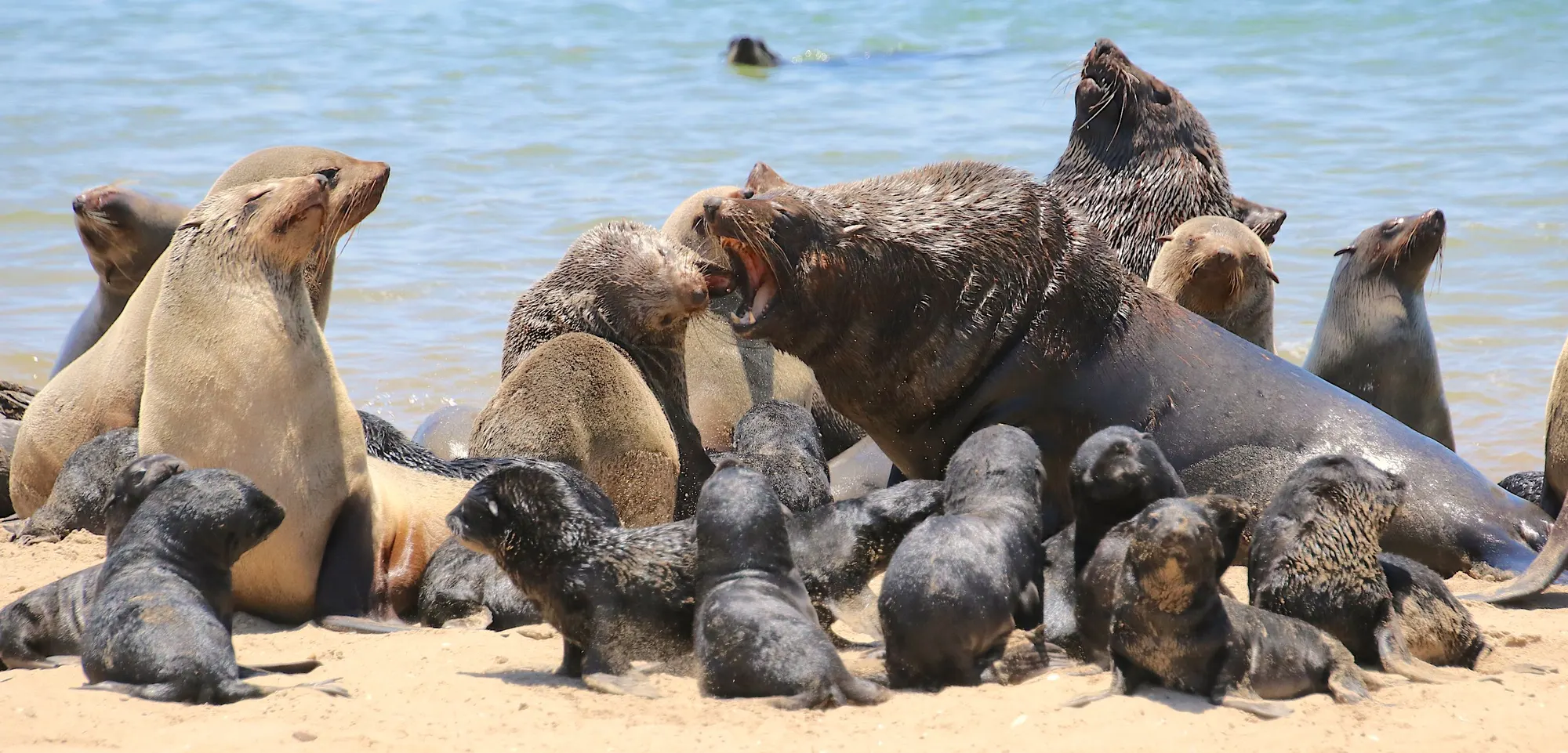See the most recent information of an attack at Simon’s Town published in the Daily Maverick:
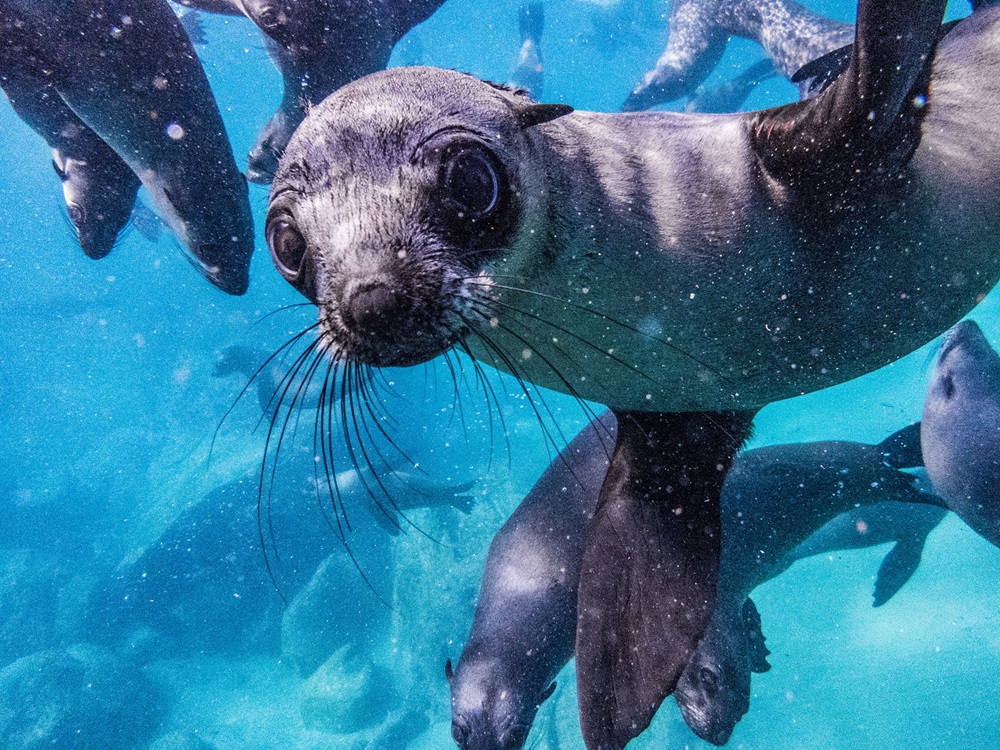
End of Year Safety Recap
#Rabies is a deadly disease for humans and animals, but it is 100% preventable. Follow these simple steps to stay safe during the festive season:
- Stay Informed About Rabies
Recognise that rabies is a serious, often fatal virus that affects both animals and humans.
- Observe Seal Behaviour from a Distance
Avoid close contact with seals, even if they appear calm, if you see seals behaving erratically, contact local authorities to report the sighting. Avoid approaching the animal yourself.
- Never Touch or Feed Seals or Stray Dogs
Refrain from touching, feeding, or attempting to help any seals or stray dogs, especially if they appear sick or injured.
- Supervise Children and Pets Closely
Ensure children understand to avoid approaching seals and stray dogs and to admire them from afar.
- Know What to Do if Bitten or Scratched
Wash the wound immediately with soap and water for at least 15 minutes then seek medical attention promptly and inform healthcare providers that the injury may involve exposure to #rabies. Early intervention is crucial.
- Stay Cautious During Outdoor Festivities
Enjoy coastal activities and wildlife responsibly. Following these steps ensures a safe and memorable festive season for everyone.
Image credit: CapeNature

#StaySafe During Festive Season and beyond
Enjoy our beautiful coastline while staying cautious! Admire Cape fur seals from a distance to avoid any risk of #rabies exposure.
#HolidaySafety #RabiesAwareness #CapeFurSeals
Image credit: Cape Nature
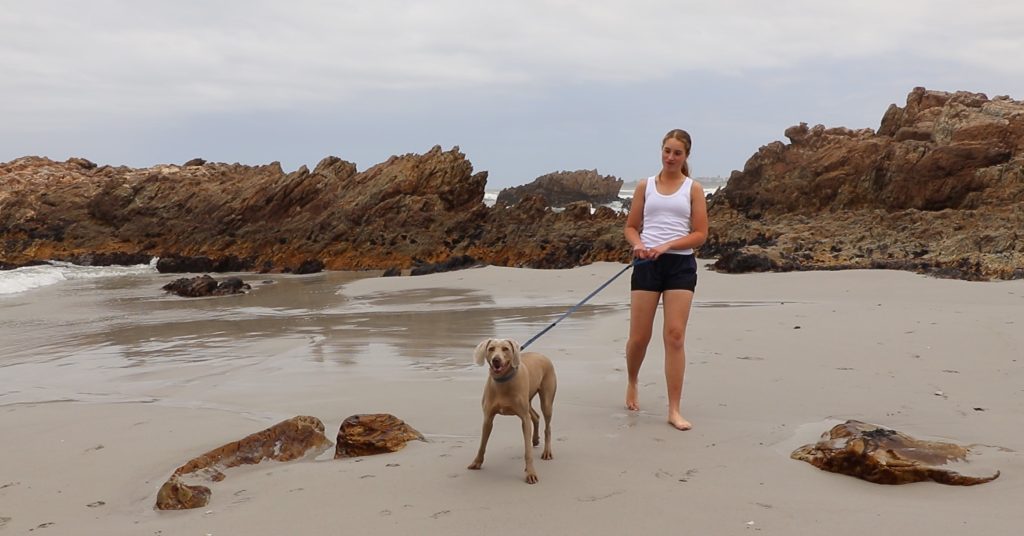
Pet Safety Matters
Keep dogs leashed on the beach, and never allow them to approach seals or dogs you don’t know. #Rabies can spread to pets, so ensure that their rabies vaccinations are up to date.
#ProtectYourPets #RabiesPrevention #StaySafe
Image credit: CapeNature
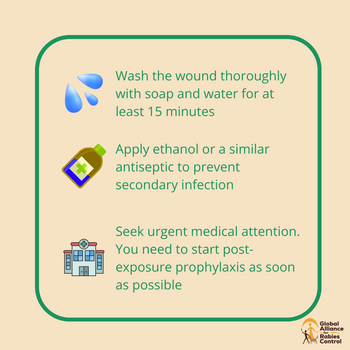
If Bitten, Act Fast
Seek medical attention immediately if you are bitten, scratched or licked by a seal, dog or any animal that is aggressive or behaving abnormally. Inform health professionals about the potential #rabies exposure.
#RabiesSafety #GetCareFast #StayInformed
Image credit: GARC
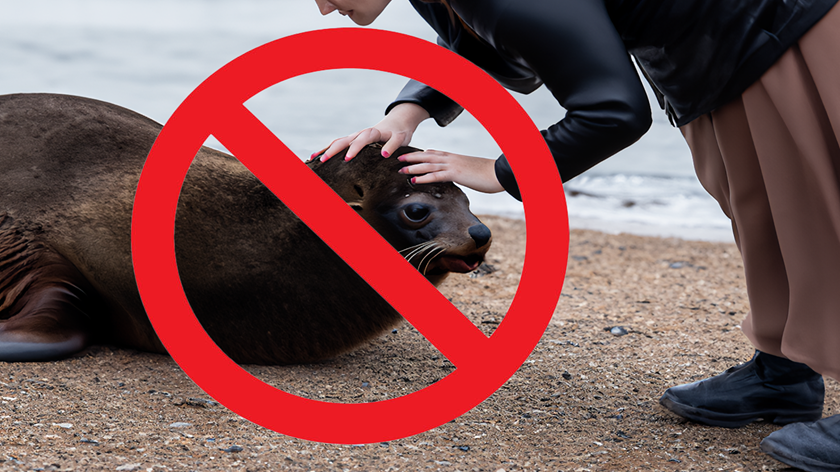
Avoid Contact with Seals
#Rabies is spread mainly through bites, scratches and saliva. Always observe Cape fur seals from a safe distance, do not approach or touch them. Protect yourself and others.
#SafetyFirst #RabiesPrevention #HolidayTips
Image credit: Cape Nature
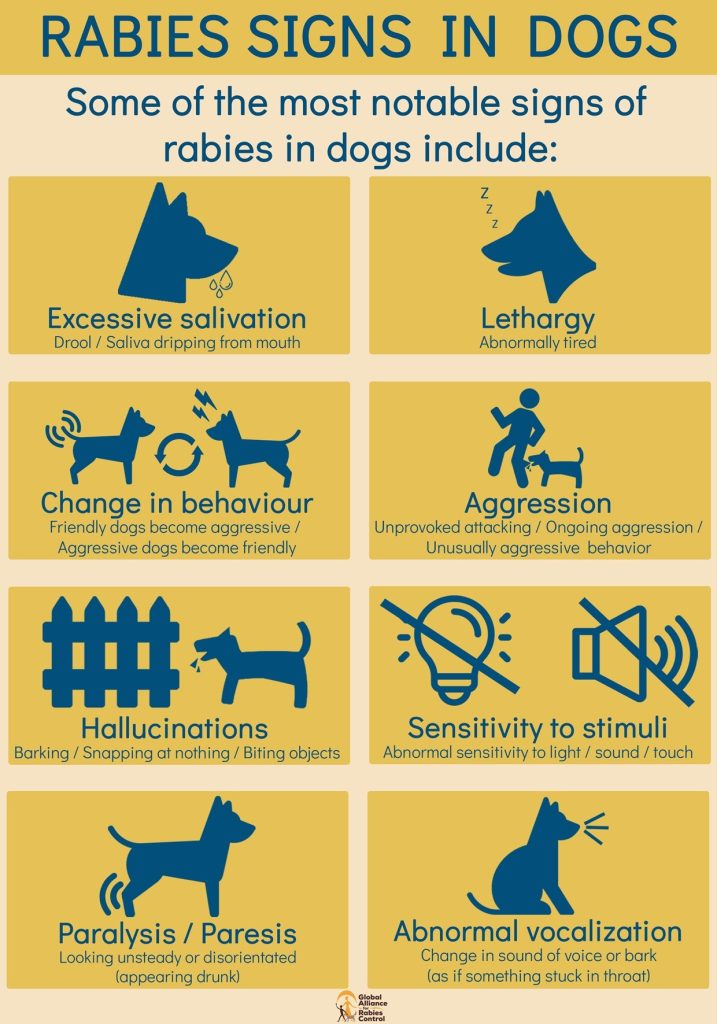
Dog Behaviour to Watch out for
Dogs may show #rabies symptoms like aggression, disorientation, excess saliva, continuous howling or weakness. If you notice any dogs acting abnormally, please keep your distance and report to local authorities.
#RabiesAwareness #ReportDogs #CommunitySafety
Image credit: GARC
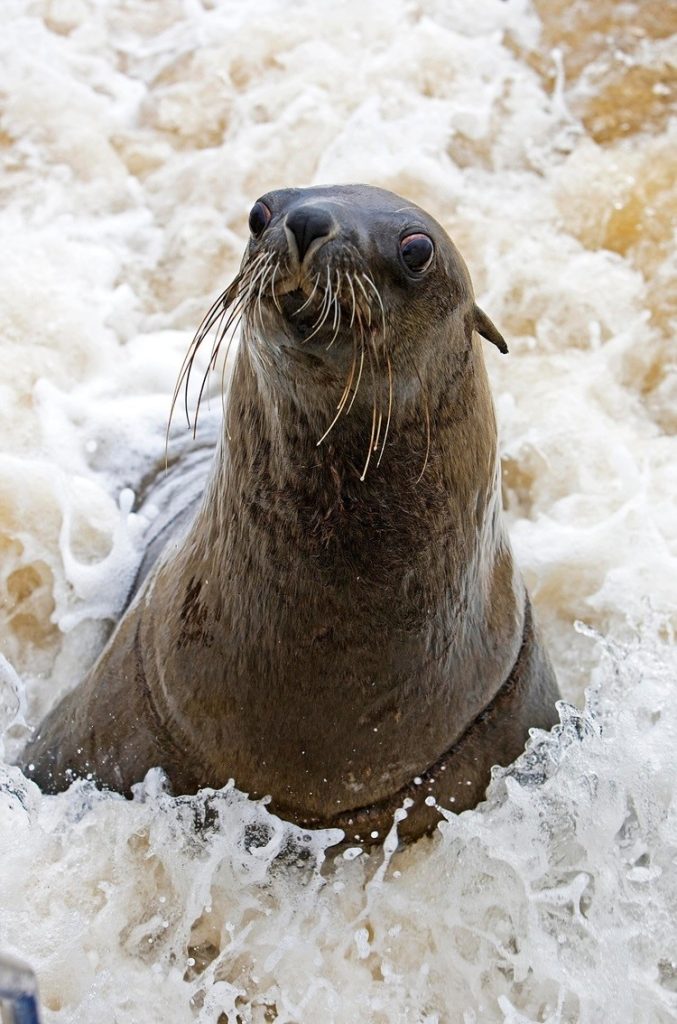
Seal Behaviour to Watch out for
Cape fur seals may show #rabies symptoms like aggression, disorientation, weird movements or weakness. If you notice any seals acting abnormally, please keep your distance and report to local authorities.
#RabiesAwareness #ReportSeals #CommunitySafety
Image credit: CapeNature

Image credit: DoA
High risk #Rabies areas
#Rabies occurs in all nine provinces and rabies in dogs is very common in KwaZulu-Natal, Eastern Cape and Limpopo. Stay away from stray animals, and do not pick up or take home animals you don’t know.
#RabiesAwareness #StayInformed #SafetyFirst
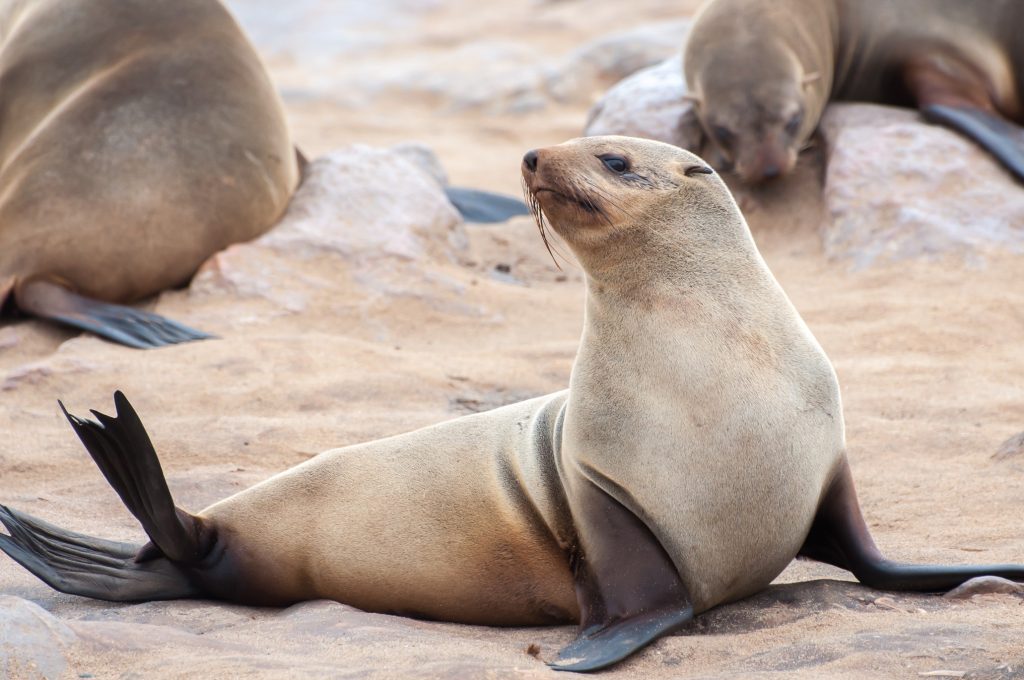
Photo credit: Cape Nature
#Rabies Alert in Cape fur seals
#Rabies is endemic in South Africa and has recently been confirmed in Cape fur seals. Be aware and informed this season to keep yourself, loved ones, and pets safe. Avoid getting close to seals and be vigilant.
#RabiesAlert #CapeFurSeals #StaySafe

SEE HERE THE REPORT FROM DALRRD:
JULY 2024
Rabies in seals_DALRRD report_Oct2024_FINAL
Rabies in seals_DALRRD report_Jul2024
https://www.dalrrd.gov.za/index.php/publication/204-outbreaks-and-diseases


